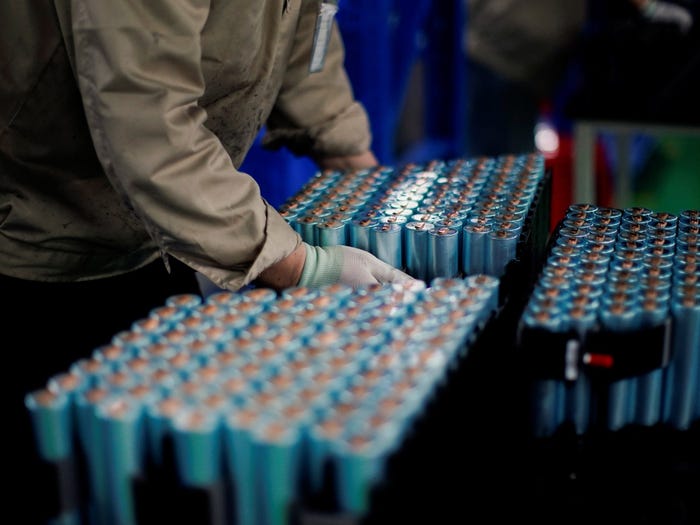Quebec, a Canadian province renowned for its rich critical mineral resources, has entered into discussions with battery manufacturers and automobile companies to secure approximately C$15 billion (approximately $11 billion USD) in investments over the next three years. This ambitious endeavor aims to bolster the development of electric vehicle (EV) supply chains, as revealed by Guy LeBlanc, CEO of Investissement Quebec, the government-owned investment firm.
Quebec’s strategy revolves around leveraging its abundant critical mineral resources and the pre-established EV supply chain infrastructure to entice companies to establish their presence in the province. This move seeks to assist automakers in diversifying their supply chains and reducing their dependence on reliable partners like Canada, explained Guy LeBlanc.
LeBlanc further disclosed that Quebec has already successfully secured C$15 billion in investments over the past three years, with an additional C$15 billion expected to flow into the region in the next three years.
“When Quebec initially formulated its plan to become a North American leader in battery metals, it wasn’t widely recognized as a destination for car manufacturing or auto parts production,” noted LeBlanc. He emphasized that Quebec opted to capitalize on its strengths by devising a strategy centered on promoting its critical mineral resources, including lithium, nickel, and graphite.
Over the past three years, Quebec has successfully attracted investments from prominent auto and battery manufacturers, including General Motors (GM), POSCO, and Ford Motors. Notably, the most recent major investment announcement came from Swedish battery manufacturer Northvolt, which declared its intent to construct a $5.2 billion plant in the province.
Canada, in its entirety, has positioned itself as a compelling alternative for Western automakers and battery manufacturers striving to diversify their supply chains and reduce their reliance on China, a dominant player in the EV supply chain.
To encourage these investments, the Canadian government has extended substantial subsidies, amounting to C$28.2 billion, to automakers such as Stellantis and Volkswagen. For the current Northvolt investment, Canada has offered subsidies totaling C$2 billion, complemented by loans, equity, and tax credits provided by the Quebec government.
LeBlanc also highlighted the impact of strained diplomatic relations between Canada and China following the arrest of a Huawei executive in British Columbia in 2018. This incident led to a cessation of Chinese investments in the critical minerals sector, with some equity previously owned by Chinese investors being acquired by U.S., Australian companies, and the Quebec government.
“In our current investment process, we did not actively solicit proposals from Chinese companies. Nevertheless, we did receive some proposals from Chinese entities collaborating with European or American counterparts,” LeBlanc revealed.
Quebec’s proactive approach to cultivating a robust EV supply chain and attracting substantial investments underscores the province’s emergence as a pivotal player in the rapidly evolving electric vehicle industry.

